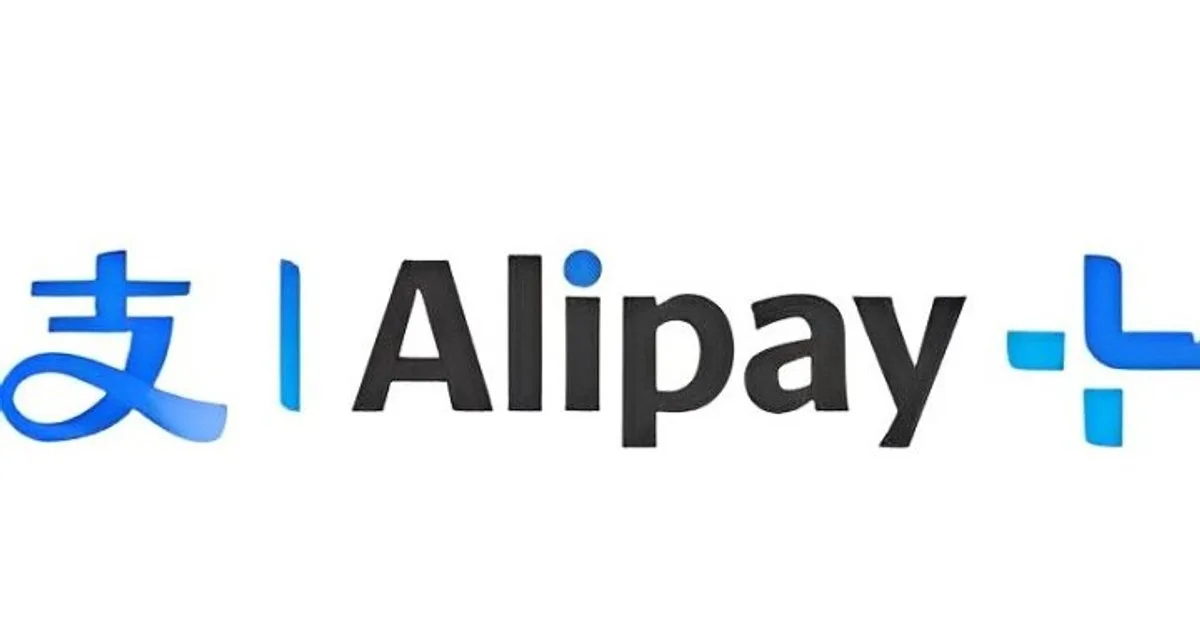The U.S. Dollar’s Dominance in Global Payments
Understanding SWIFT: A Global Payment Network
The Society for Worldwide Interbank Financial Telecommunication (SWIFT) serves as a backbone for international banking, facilitating secure communications between banks across borders. This intricate web is essential for banks and financial institutions to send money to each other efficiently and accurately. Each message transmitted through SWIFT is akin to a digital telegram detailing crucial financial information, making it indispensable for modern international trade.
The Impact of Sanctions on Russia
In response to Russia’s actions following the invasion of Ukraine in February 2022, a significant number of Russian banks faced expulsion from the SWIFT network. This exclusion was a part of broader international sanctions aimed at curtailing Russia’s ability to engage in global trade. Consequently, the ban imposed severe limitations on Russia’s financial transactions, complicating cross-border payments and trade operations. While these sanctions made international trade more difficult for Russia, they did not fully eliminate its ability to engage in these activities.
The U.S. Dollar: A Leading Currency in SWIFT Transactions
Statistics indicate the U.S. dollar’s overwhelming dominance in the SWIFT payment network. As of August 2024, the dollar accounted for 49.1% of all transactions facilitated by SWIFT. This figure starkly contrasts with other currencies, where the euro held a 21.6% share, followed by the British pound at 6.5% and the Chinese yuan at 4.7%. Notably, if payments made solely within the Eurozone are excluded, the dollar’s influence rises to approximately 60%, reinforcing its status as the de facto global currency.
The Implications of Dollar Dominance
The staggering prevalence of the U.S. dollar in the global payment ecosystem highlights its role as an almost singular force in international trade. This situation creates opportunities for U.S. economic leverage, as the nation can exert significant influence over global financial systems. It also raises concerns among nations such as Russia and other U.S. adversaries, prompting discussions around creating alternatives to U.S.-centric financial systems.
Russia’s Push for Alternatives in Payment Systems
At the recent BRICS summit in Kazan, a key topic was Russia’s proposal for an alternative international payment platform. The intent of this initiative is to create a more independent financial ecosystem that lessens reliance on the U.S. dollar. Such a move aims to offer countries, especially those facing sanctions, a safer avenue for international transactions.
Proposed New Payment Networks
Russia’s strategy involves establishing a network of commercial banks interconnected through the central banks of BRICS member states (Brazil, Russia, India, China, and South Africa). The proposed system would facilitate token-based cross-border payments in local currencies, ultimately aiming to decrease the necessity for dollar transactions. This initiative could potentially reduce the transactional costs associated with settling international payments, providing an avenue for these countries to bolster economic cooperation and financial autonomy.
The Future of Global Payments
The ongoing discussions at the BRICS summit signify a pivotal moment in the evolution of international payment systems. The desire among member states to diminish the prominence of the U.S. dollar could reshape the landscape of global finance. By leveraging their combined economic strength, the BRICS nations aim to develop alternative systems that enhance their strategic financial capabilities.
Challenges Ahead
Despite these aspirations, the implementation of an alternative payment system will face substantial hurdles. Factors such as varying levels of economic stability, currency convertibility, and political willingness among member states will play crucial roles in determining the feasibility and success of such an initiative.
As the world observes these developments, the ongoing tension between established financial frameworks dominated by the U.S. dollar and emerging systems highlights a critical juncture in global economic history. The dynamics of international trade and finance are on the brink of potential transformation, with consequences that could resonate far beyond the immediate interests of the BRICS nations.










